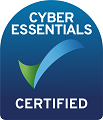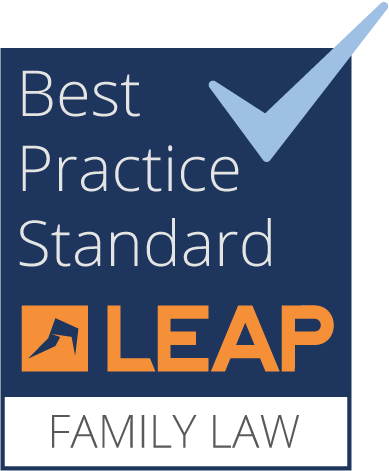It seems obtaining any form of help with legal fees, is becoming increasingly difficult. Further barriers have been put in place and it can be difficult to obtain Legal Aid, however that is not to say that Legal Aid isn’t available, particularly in family matters. These include divorce and matters involving children.
What is Legal Aid?
Legal Aid is a form of funding provided by the Legal Aid Agency (LAA). The LAA is a government agency, who can provide funding for you if you have to attend court. It also includes providing help with legal fees for family matters such as divorce, or cases involving children that are being dealt with outside of court proceedings. Legal Aid isn’t available for all cases, and we would advise that you discuss with your solicitor whether Legal Aid is available for your particular case.
Is Legal Aid available for family matters?
Yes, within the field of Family Law, Legal Aid is available for various matters.
In respect of applications by the Local Authority (Social Services Department) for Care and Supervision Orders. Should a Local Authority make that type of application to the court in respect of your children, you will be automatically entitled to legal aid, irrelevant of your income and capital. If you are in this situation, we would advise you seek independent legal advice as soon as possible. The success of your case can often depend on you getting the right legal advice at an early stage.
Regarding private law matters, for example disputes between parents or other members of the family about arrangements for the children such as contact and where children should live (residence) or advising on divorce, Legal Aid in the form of Legal Help may be available to you. You may qualify for this should you be in receipt of a ‘passporting benefit’. These benefits would be:
- Universal Credit
- Guaranteed Credit
- Income Based Jobseekers Allowance
- Income related Employment Support Allowance
- Income Support
Your Jobseekers Allowance and Employment Support Allowance would need to be income-based. We would ask that you provide evidence of this at your appointment.
Will I get Legal Aid if I am not receiving benefits?
If you are not on any of the above benefits, that does not mean you are not eligible. You will be asked to provide copies of your wage slips and bank statements for the last 3 months. You would need to supply proof if you receive any other type of benefits, details of any housing and child care costs. Your eligibility will be assessed based on your disposable income.
Will I be eligible for Legal Aid for ‘Private’ family matters and divorce?
Legal Aid may be obtained for private matters such as those listed above. However as stated it is not readily available, and as such there is an application process that needs to be satisfied first and this may apply to you.
You will be required to provide information of your benefits, your most recent bank statements, any wage slips. We would also ask that you provide copies of any credit union accounts, or loans taken out. We have a handy checklist that can be provided should you need further information for what is needed to assess your eligibility.
The Legal Aid Agency will need to determine whether your income is less than £2,657 per month and your disposable income is less than £733 per month.
However, in order to obtain Legal Aid, the LAA will require ‘LASPO’ evidence.
What is LASPO evidence?
LASPO stands for ‘Legal Aid, Sentencing and Punishment of Offenders’ Act 2012. That act states that when providing legal aid on family matters, we must be able to establish that you have been a victim of domestic violence, and that domestic abuse was perpetrated by the other party in the proceedings.
This can be proven in a variety of ways, however the most common are:
- You have accessed a Domestic Abuse Charity such as Women’s Aid or BAWSO or support service and they can provide a letter confirming the same
- You have attended hospital or your GP as a result of domestic abuse
- The other party has been arrested, charged, cautioned or convicted of a domestic violence offence against you
- You hold a restraining order or a non-molestation order against the other party
There are other types of evidence that can support your eligibility for Legal Aid.
In order to satisfy the LAA requirements, you must evidence that you have been a victim of domestic abuse, and therefore this evidence will need to be provided prior to any application being made. In non-divorce cases other types of LASPO evidence would include:
- Confirmation from as Social Services department regarding a specific involvement with the children
In some circumstances it can be very difficult to determine whether Legal Aid is available, so we would ask that if you believe that you are eligible that you bring all your documents to your first appointment. This will hopefully ensure that you secure the correct funding for your case. We have a checklist that can be provided if you believe you may be eligible for Legal Aid.








